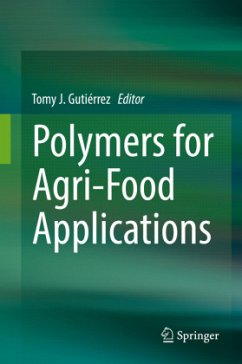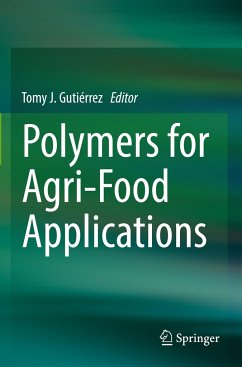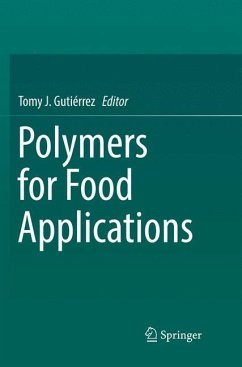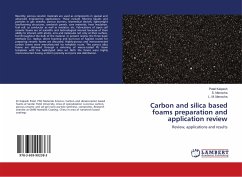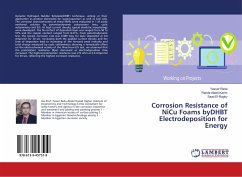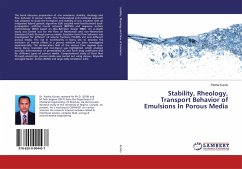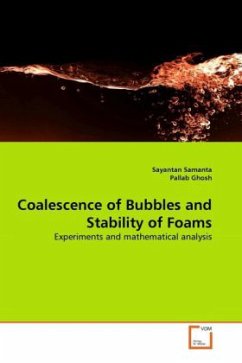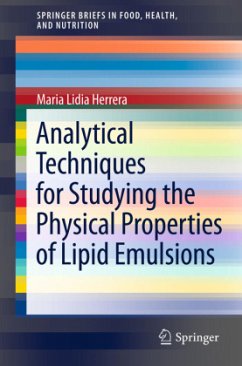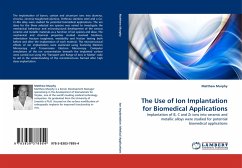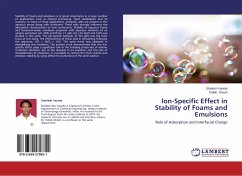
Ion-Specific Effect in Stability of Foams and Emulsions
Role of Adsorption and Interfacial Charge
Versandkostenfrei!
Versandfertig in 6-10 Tagen
19,99 €
inkl. MwSt.

PAYBACK Punkte
10 °P sammeln!
Stability of foams and emulsions is of great importance in a large number of applications such as mineral processing, food stabilization and oil recovery. In many of these applications, inorganic salts are present in the aqueous phase along with surfactant. These salts strongly influence the adsorption characteristics of ionic surfactants. Stability of aqueous foams and hexane-in-water emulsions prepared with aqueous solutions of an anionic surfactant (viz. SDS) and three 1:1 salts (viz. LiCl, NaCl and CsCl) was studied in this work. The ion-specific behavior of the salts was the main focus of...
Stability of foams and emulsions is of great importance in a large number of applications such as mineral processing, food stabilization and oil recovery. In many of these applications, inorganic salts are present in the aqueous phase along with surfactant. These salts strongly influence the adsorption characteristics of ionic surfactants. Stability of aqueous foams and hexane-in-water emulsions prepared with aqueous solutions of an anionic surfactant (viz. SDS) and three 1:1 salts (viz. LiCl, NaCl and CsCl) was studied in this work. The ion-specific behavior of the salts was the main focus of this study. The effectiveness of these salts in defoaming followed the sequence: LiCl NaCl CsCl. The same trend was observed in destabilizing the emulsions. The present work demonstrates that the ion-specific effect plays a significant role in the foaming properties of anionic surfactant solutions, size of the droplets in an emulsion, and the rate of destabilization of emulsions. It is possible to control the foam volume and emulsion stability by using different counterions of the same valence.



